Help local judicial officials understand deeply, do the right thing and handle work effectively
Speaking at the opening of the Conference, Deputy Minister of Justice Dang Hoang Oanh stated that the implementation of the 2-level local government model, the adjustment of administrative boundaries, and the expansion of development space for each locality are posing new requirements for judicial work at both the provincial and communal levels. In this model, the powers and responsibilities of each level are redefined in a more streamlined, closer to the people and more practical direction. In practice, this change also creates difficulties in organizing the implementation of tasks, including at the grassroots level - where most administrative procedures related to people and businesses are directly carried out.
Based on the conclusions and directions of Minister of Justice Nguyen Hai Ninh at the online conference with the Department of Justice of provinces and cities on judicial work at local authorities at 02 levels (held on July 11) and recommendations of localities, the Ministry of Justice has directed units under the Ministry to urgently survey, grasp the needs, contents, and training subjects of localities, develop programs and organize training on urgent and necessary contents of local judicial work with the aim of promptly providing information and guidance on the implementation of new tasks and new contents in the organization and implementation of local judicial work.
The Deputy Minister emphasized that the training conference was established to connect to the Departments of Justice and especially directly to more than 3,000 points at the commune level, with the desire to initially provide direct guidance on the implementation of some necessary tasks of local judicial officials at present, contributing to removing difficulties and obstacles, and better solving the work of people at the grassroots level. At the same time, in addition to the presentation of the topic, the units and localities exchanged and discussed the difficulties and obstacles in practice to help local judicial officials understand deeply, do the right thing and handle the work effectively in practice.
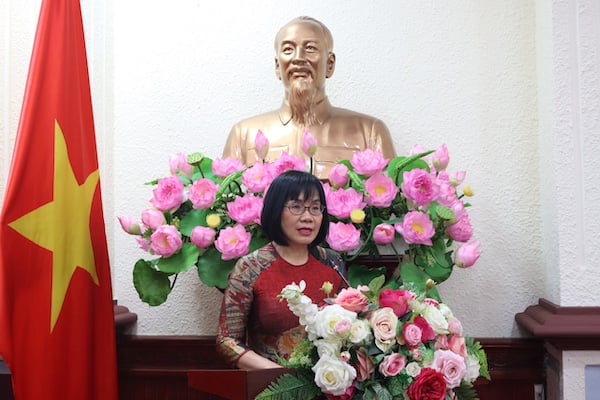
In addition, Deputy Minister Dang Hoang Oanh also informed that the Ministry has compiled questions from sources of recommendations, reflections on difficulties and problems sent to the Ministry of Justice by local Departments of Justice. The content of the questions and answers has been reviewed and edited by the functional units of the Ministry of Justice into a set of questions and answers in a concise, clear and accurate manner, posted on the National Law Portal in the Decentralization and Decentralization section to promptly guide localities in performing their tasks. In the coming time, the Ministry of Justice hopes to continue receiving recommendations from localities so that the set of questions and answers will continue to be supplemented and developed into an electronic Handbook on local judicial work.
Concentrate resources to complete key tasks of the Ministry of Justice
The conference took place in 1 day with 5 specific topics on: Decentralization, delegation of authority and tasks of issuing legal documents (LDOs) of local authorities at 2 levels; process of issuing LDOs of commune-level authorities; responsibilities and contents of inspection, review of LDOs, handling of administrative violations of local authorities at 2 levels; responsibilities and processes for handling administrative procedures in the field of civil status, authentication, civil status registration with foreign elements, skills in using software for handling civil status, interconnected civil status, and archiving records; responsibilities and processes for handling administrative procedures, inspection processes in the field of judicial support at local authorities at 2 levels; responsibilities and processes for handling state compensation at local authorities at 2 levels.
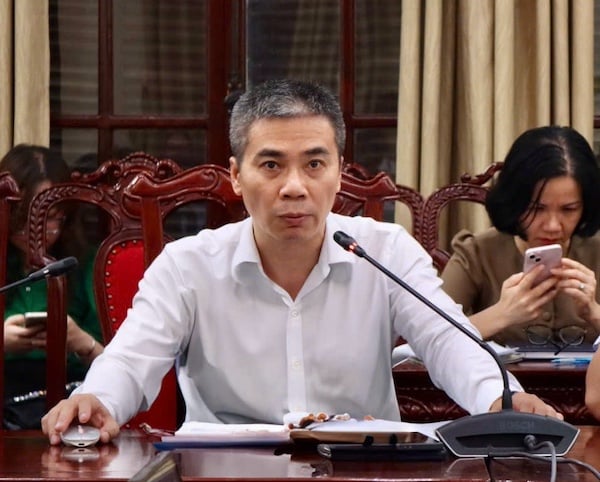
Introducing new points on the division of authority in the field of civil status, Mr. Nham Ngoc Hien, Deputy Director of the Department of Administrative Justice, said that regarding the new authority of the People's Committee at the commune level, in addition to registering normal civil status events, the People's Committee at the commune level now also performs civil status registration with foreign elements, including cases related to Vietnamese citizens and foreigners and exploits the Electronic Civil Status Database, using data to confirm civil status information and related operations.
Regarding the determination of authority, decentralization and some notes in the dossier for handling some procedures on adoption according to the new regulations, Mr. Nham Ngoc Hien said that for handling domestic adoption, the Health Certificate of the adoptive parent and the person introduced for domestic adoption must be issued by a general hospital or general clinic or regional medical center; for receiving dossiers, in case the adoptive parent chooses to submit the dossier not to the People's Committee of the commune level where the authority to handle adoption is granted, the People's Committee of the commune level where the dossier is received is responsible for assisting the adoptive parent in submitting the online adoption registration dossier to the correct People's Committee of the commune level with authority according to regulations.
In addition, regarding the implementation of the Electronic Civil Status Registration and Management Information System, from July 1, 2025, the new Civil Status Registration and Management Software will officially be operated nationwide under a 2-level model with a number of core operations. The system has provided most of the basic civil status operations, meeting the civil status registration needs of the people.
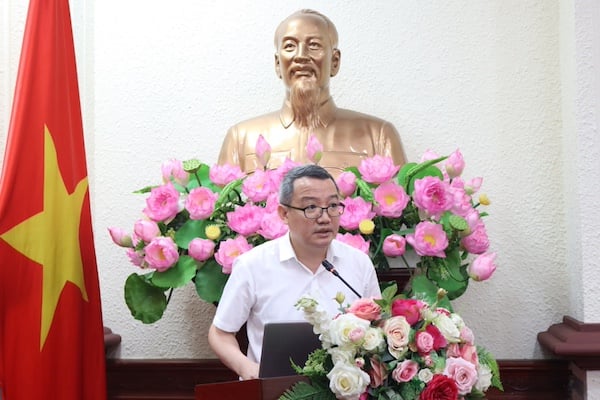
Introducing the authority and responsibility for checking documents, Mr. Ho Quang Huy, Director of the Department of Document Inspection & Administrative Violations Handling Management, said that People's Councils, People's Committees at all levels, and Chairmen of Provincial People's Committees are responsible for self-checking legal documents issued by themselves; higher-level local authorities check according to the authority of legal documents issued by lower-level local authorities.
At the same time, the People's Committee, the Chairman of the People's Committee at the provincial level, and the local government in the special administrative- economic unit shall assign agencies and persons responsible for assisting the People's Committee, the Chairman of the People's Committee at the provincial level, and the local government in the special administrative-economic unit in self-inspecting documents. The Department of Justice, the agency assigned by the local government in the special administrative-economic unit, specialized agencies, other administrative organizations, or specialized civil servants assigned by the People's Committee at the commune level shall be the focal point to assist the People's Committee, the Chairman of the People's Committee at the same level, and the local government in the special administrative-economic unit in synthesizing, monitoring, and urging the self-inspection of documents...
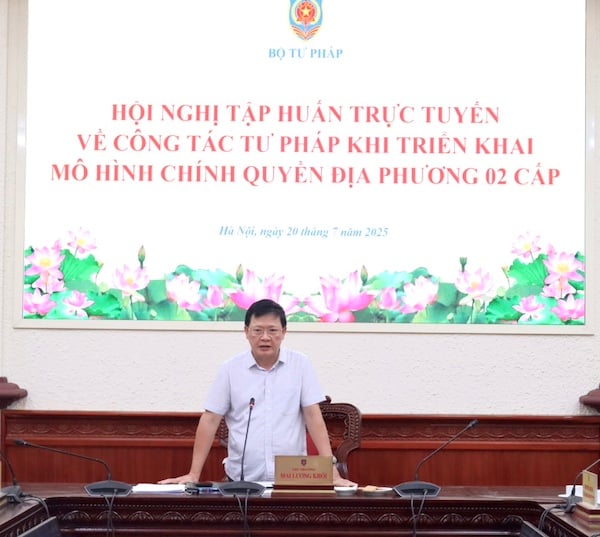
Concluding the Conference, Deputy Minister of Justice Mai Luong Khoi affirmed that in the context of the new two-level government organization officially operating, there will be difficulties in the process of operating the new model as well as applying information technology and digital transformation.
To complete the tasks of the Justice sector from now until the end of the year, the Deputy Minister requested the Heads of units under the Ministry and leaders of the Departments of Justice to review programs and plans, and focus resources to complete the key tasks of the Ministry and the Justice sector.
For units under the Ministry, the Deputy Minister proposed to coordinate with localities to promptly grasp the situation, receive feedback to resolve, answer, and guide localities in implementing new tasks on decentralization, delegation of power, and determination of authority in the judicial field when organizing 2-level local government.
At the same time, coordinate to promote the dissemination and education of law, focusing on legal regulations on decentralization, delegation of authority, division of authority, processes and administrative procedures for cadres, civil servants, public employees and people to understand clearly and implement correctly, fully and conveniently.
Continue to strengthen state management in the fields of judicial administration and judicial support, promote administrative reform, apply information technology to improve the quality of public services; strengthen coordination in implementing inspection work on judicial activities at the local level, especially in the field of judicial support.
Along with that, the Deputy Minister requested the Departments of Justice to continue advising the Provincial People's Committees to pay attention to leadership, direction, and ensuring resources for the implementation of judicial work. In particular, he requested the Provincial People's Committees to pay attention to perfecting and arranging cadres directly doing judicial work at the provincial and communal levels to have sufficient quantity, quality, and capacity to meet the requirements of judicial tasks in the new period with a large number of decentralized and delegated tasks and very high requirements.
Responding to the recommendations of Hoanh Son ward (Ha Tinh province), Mau A commune (Lao Cai province) and Lai Chau province regarding the civil status software, specifically access errors and unsynchronized data; data being "saved in draft" after being pushed back; lack of statistical functions for forms; inability to share data between units... Mr. Nham Ngoc Hien said: To implement the 2-level local government organization model, the Ministry of Justice has recently developed and deployed the new version of the Civil Status Registration and Management Software from July 1, 2025 and instructed localities to adjust and complete the connection of the Provincial Administrative Procedure Information System with the shared electronic Civil Status Registration and Management System... |
Trieu Oanh
Source: https://sotuphap.camau.gov.vn/thoi-su-chinh-tri-va-tin-tuc/bao-dam-hieu-qua-cong-tac-tu-phap-khi-trien-khai-mo-hinh-chinh-quyen-dia-phuong-02-cap-286076



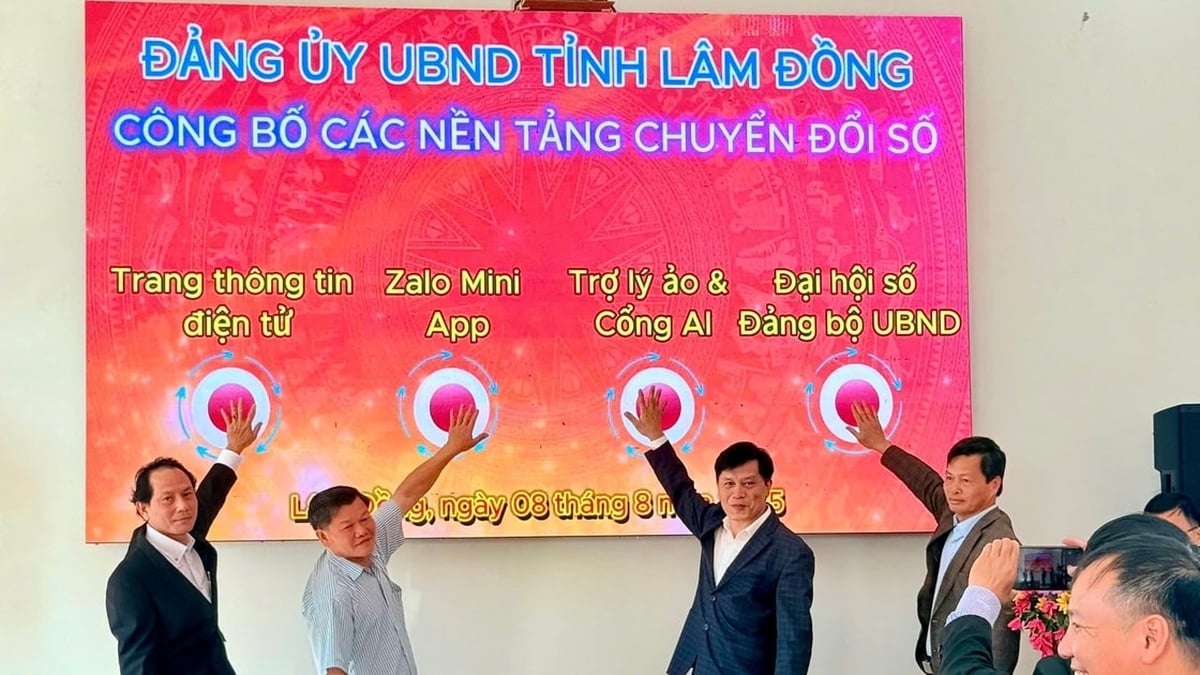
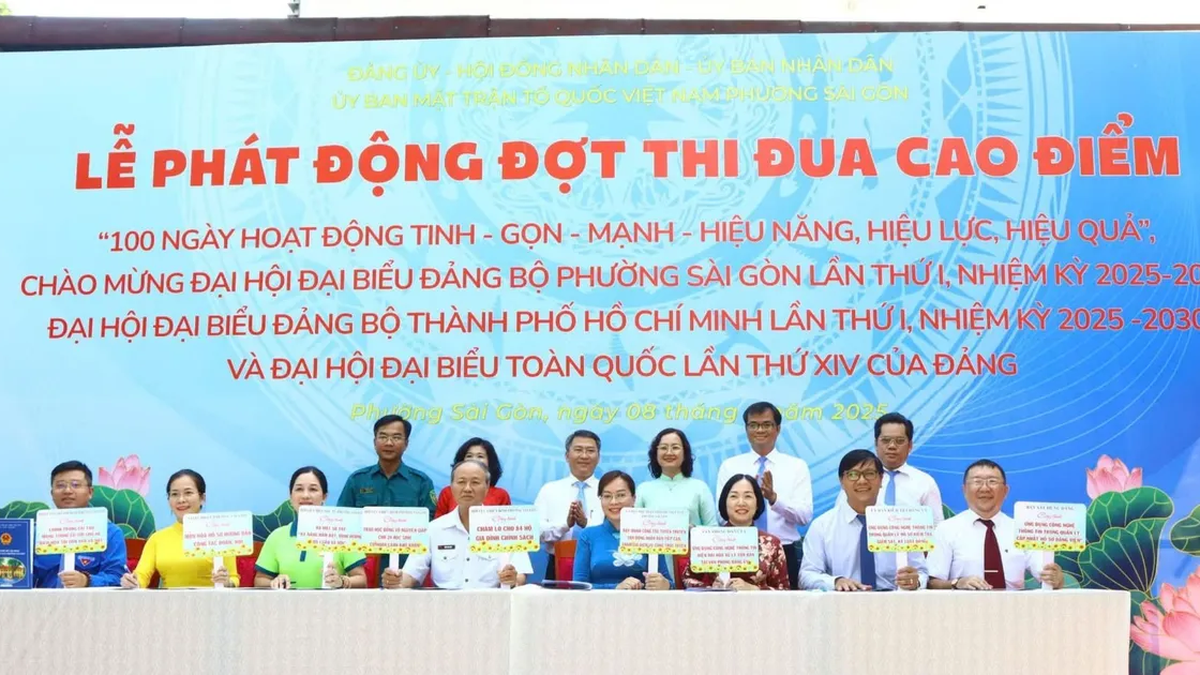

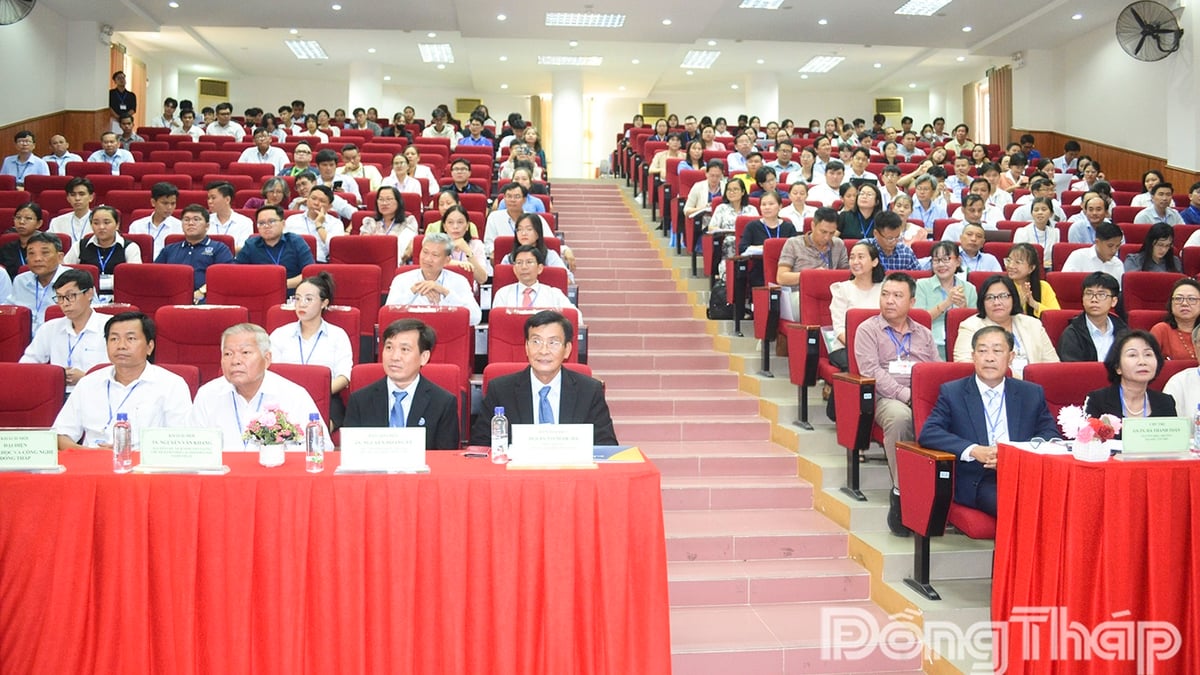
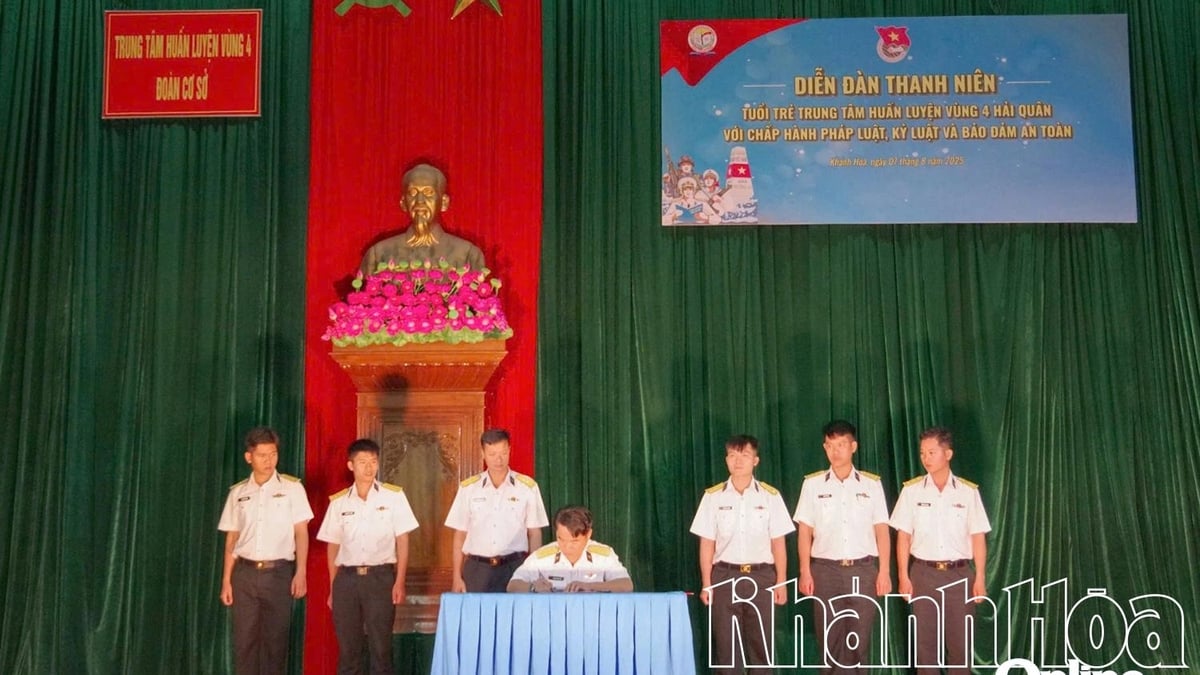

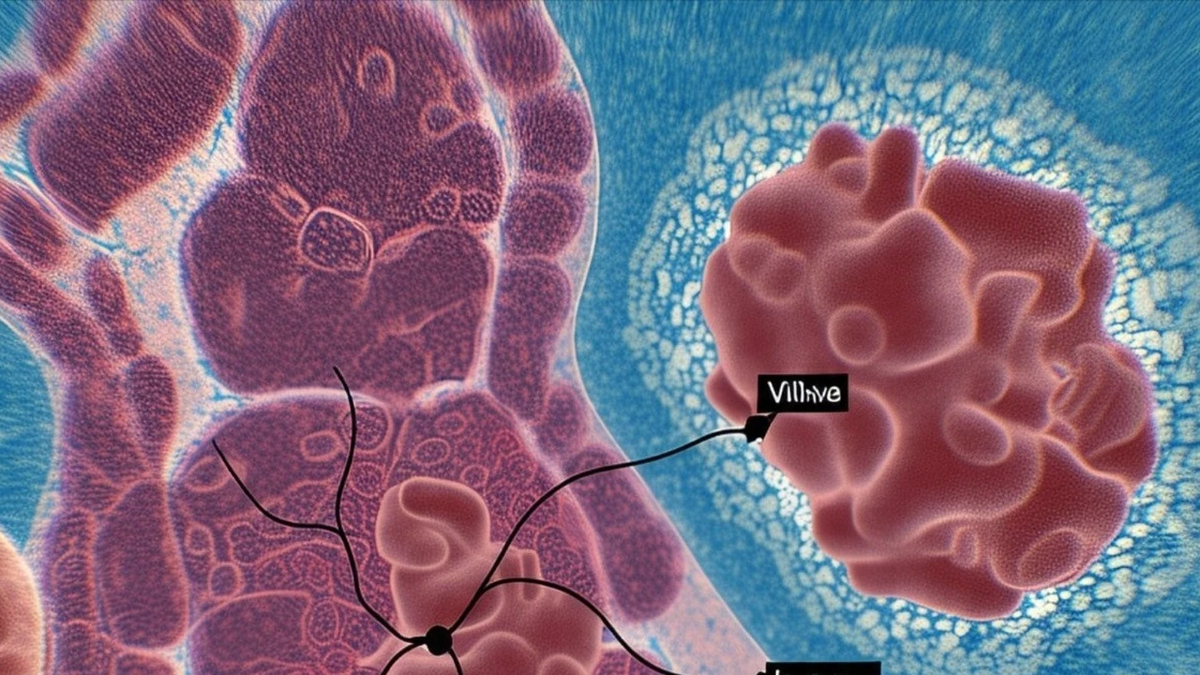



















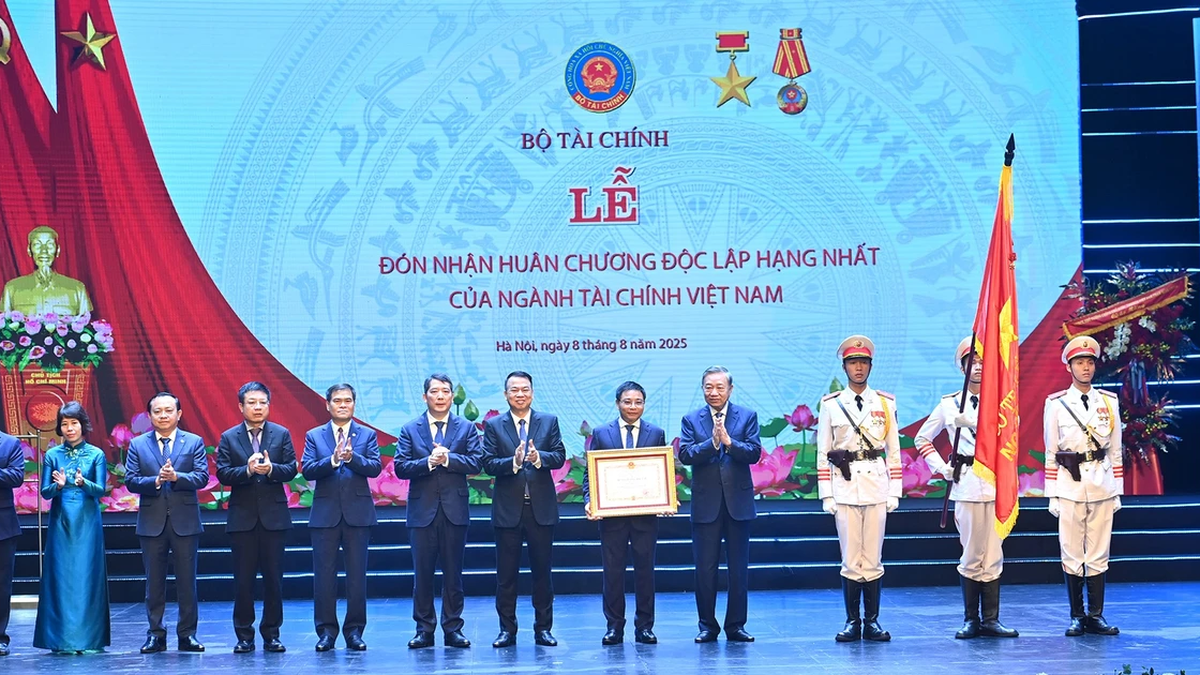

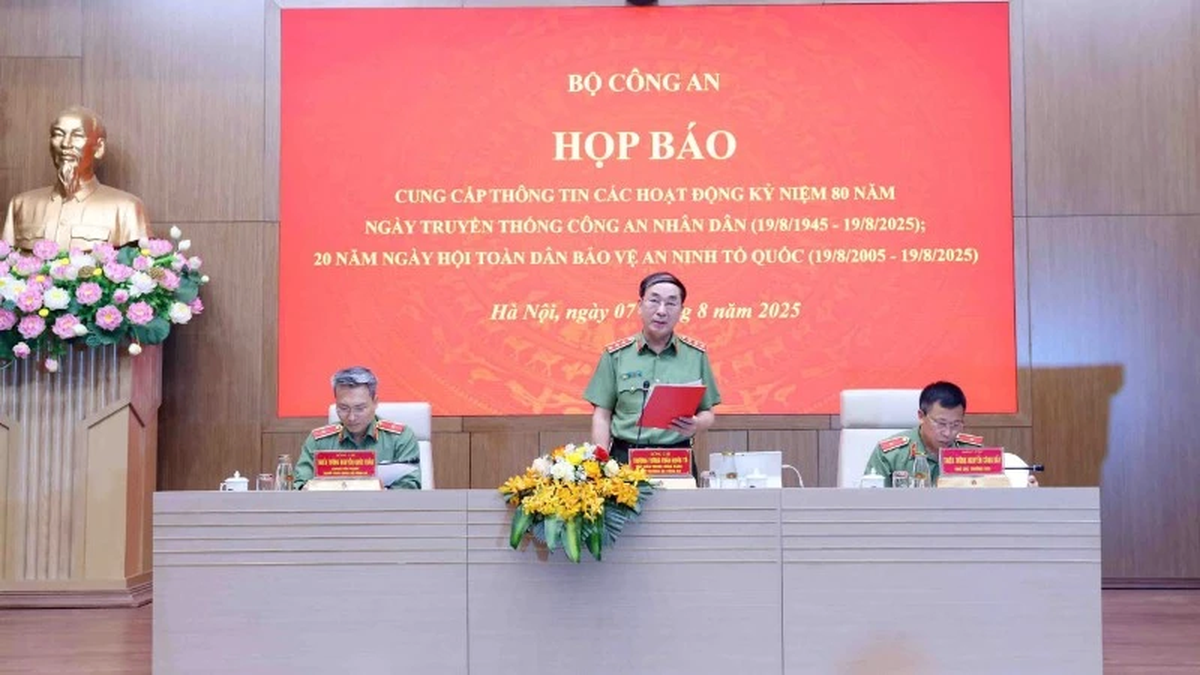




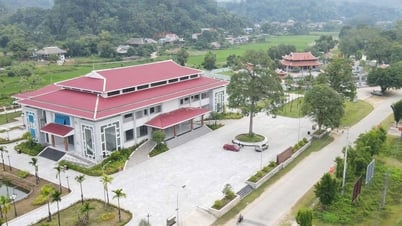



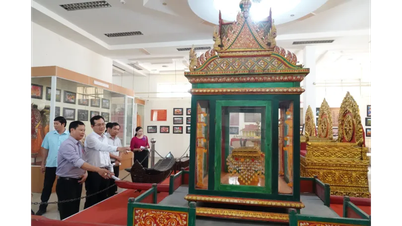



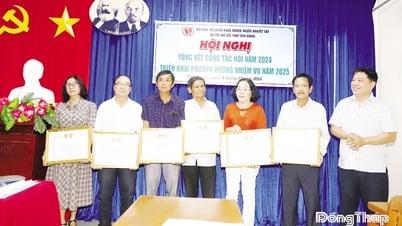
















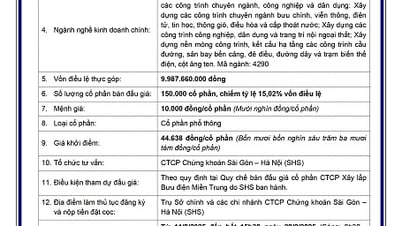
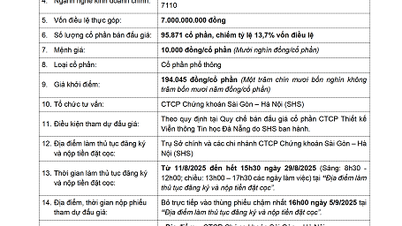

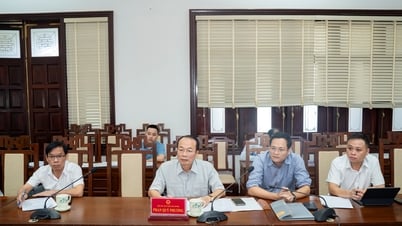








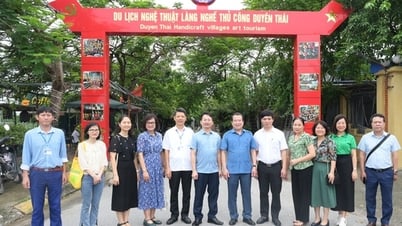
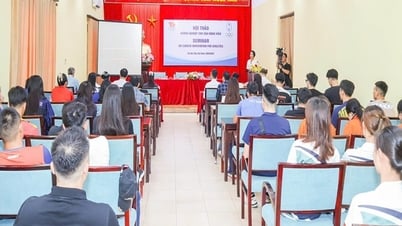
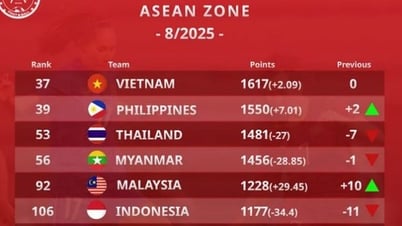
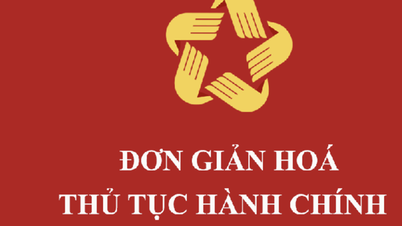


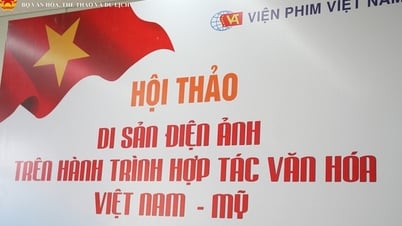






















Comment (0)